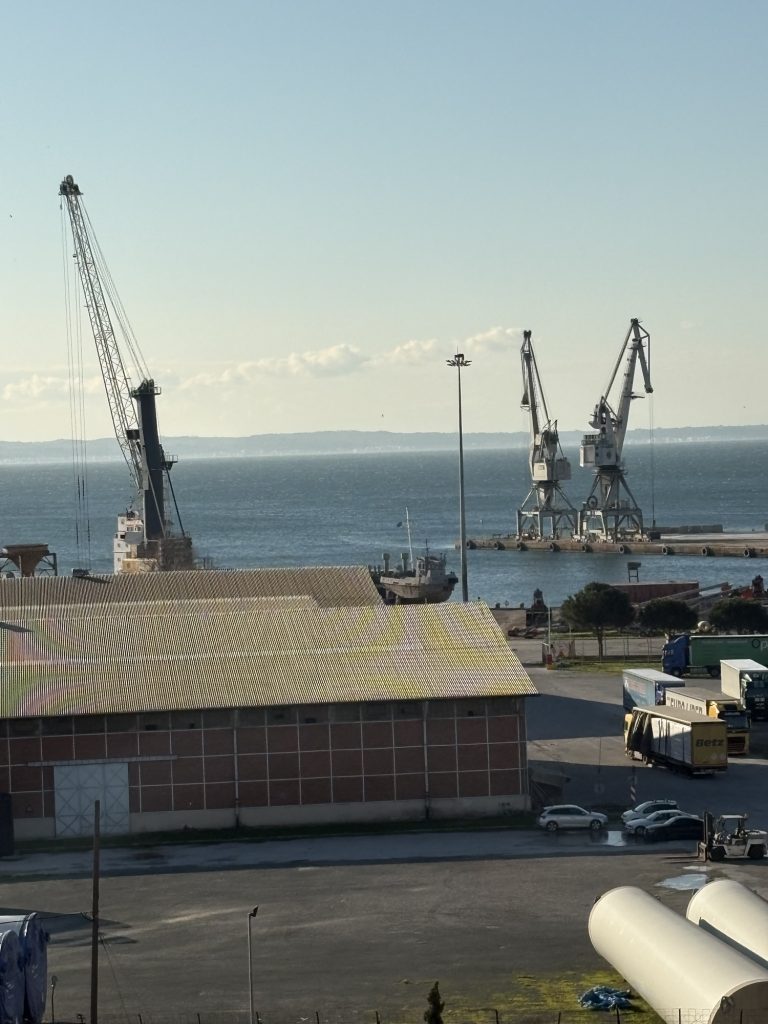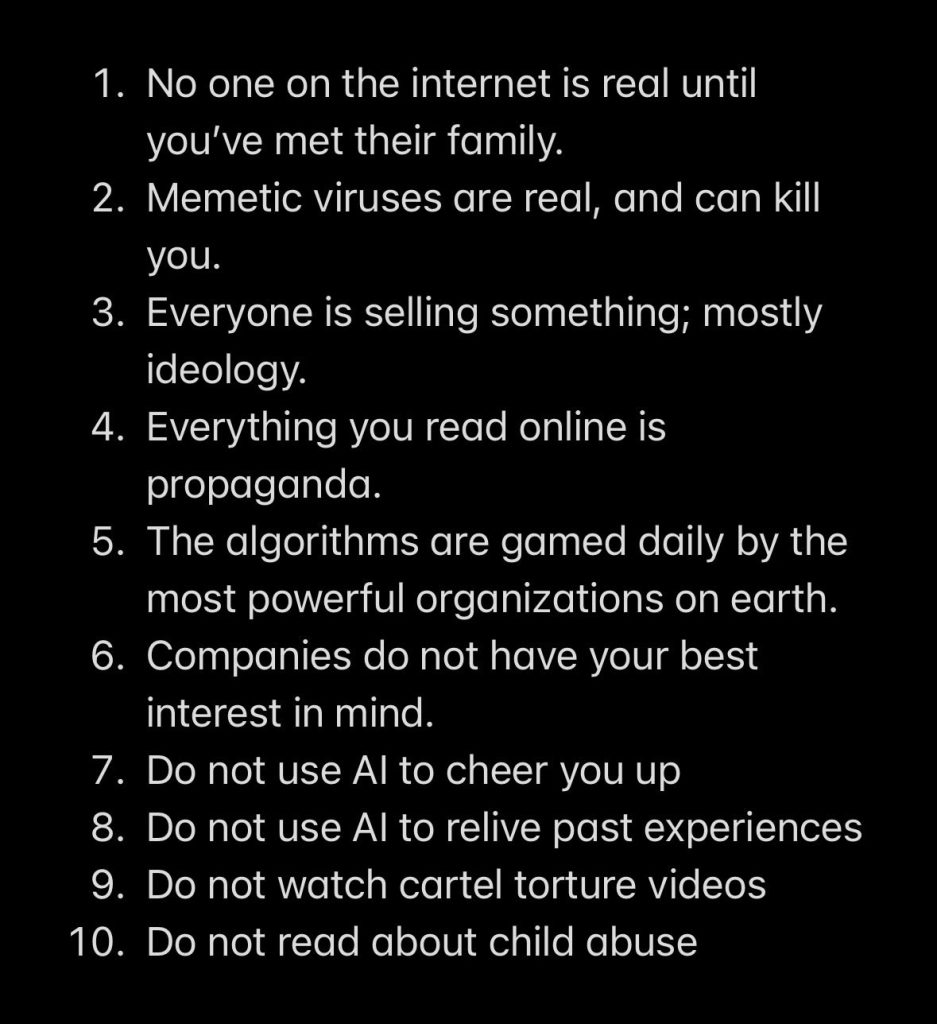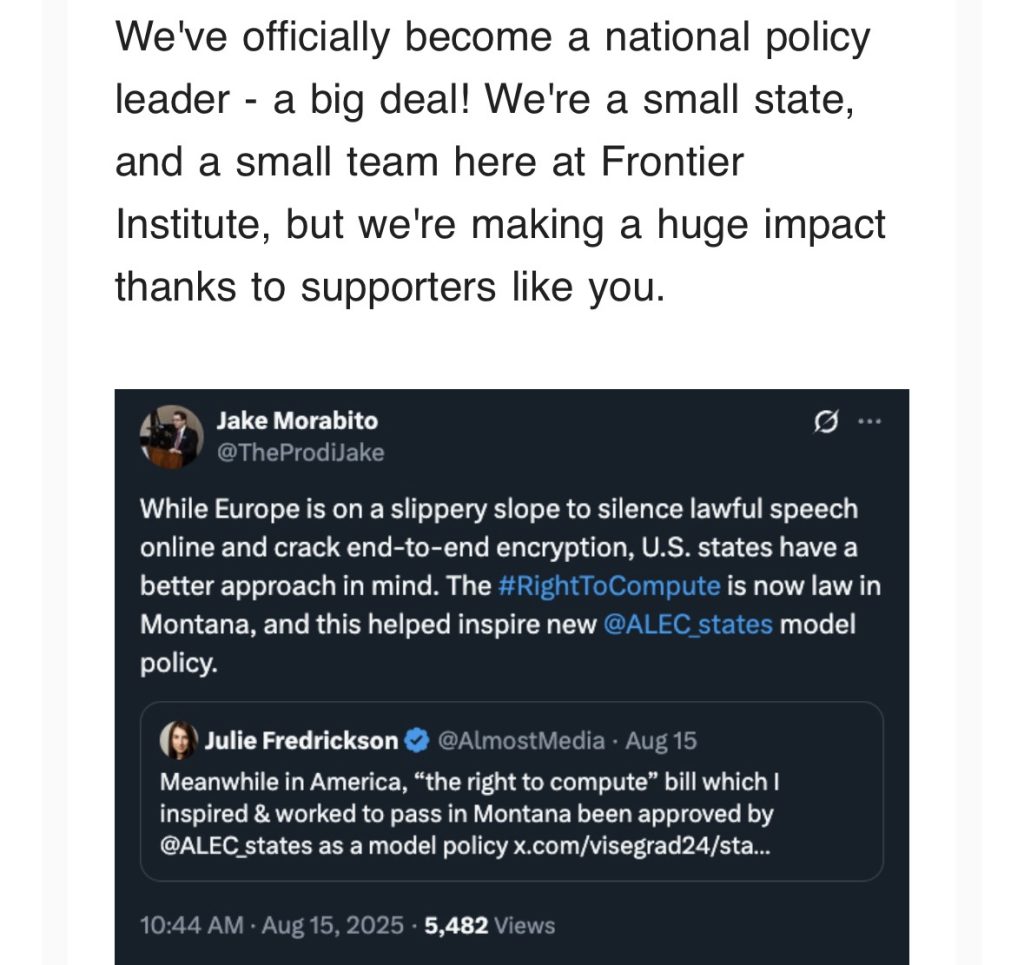Maybe it’s because it’s been such a wild week in the financial markets, but I’ve been thinking back to one of my moves to San Francisco just before the Great Recession. It’s a story about buying clothing but I’ll get to that.
I had just come off the high of being the first publisher to break (by live streaming and photography) a new fashion designer who would become one of the biggest names of his generation.
The low hit me as I realized I was unable to afford any of the pieces in his collection. And nor was I able to buy them anyway as the whole collection sold out instantly in New York City. I look back on being backstage at his first (and subsequent) shows with much fondness. Once he threw a full on carnival in a parking lot! Imagine models tossing their size 9.5 Manolo’s on concrete to hop into a bouncy castle.
Those models were his muses and he was known for an off-duty model look. I am about a foot too short, 20-30lbs too fat, and three cup sizes too large to be mistaken for a model so not an ideal customer.
Normally one could politely ask for samples or gifting if one helped break a collection, but this was not a sample collection that would have fit me. I’m a size 7 shoe and those boobs do me no favors for hanger sizes.
Still I wanted one item badly. Even if I couldn’t afford it and I couldn’t find it in stores, I kept an eye out everywhere for it.
The coveted item was a pair of high waisted pleated black wool trousers (lined with an ample cuff) that was the wearable merchandising anchor to a collection that was otherwise a bit tricky for mere mortals to wear.
For the men (and some women) who haven’t given thought to runway models, the metrics are specific. You need to be over 5’ 10”, never over 115lbs and have an A cup to fit a designer runway model call sheet.
These aren’t aesthetic preferences, just that models are a glorified hanger and not a person for purposes of ease of fitting. Yes it’s a bit degrading.
And so I resigned myself to never getting those pants and having only the glory of discovery and first to market coverage. Though the proof on that may be debated.
But then a small miracle happened. As I was relocating to San Francisco (by the buyer of my first startup) I began to get invited to events and parties.
A brand new Barney’s opened up off Union Square in San Francisco. An old girlfriend who had just married and moved to San Francisco told me “you will love the shopping out here as the good stuff never sells out!”
Mind you the collection had sold out in other fashion capitals. I had called around. I asked all the major stockists. It just wasn’t to be had anywhere.
But the new Barney’s was very late in opening and had stock from the previous season saved. I missed the opening party but thought maybe I’ll see something from the newer collection and I’ll splurge.
Well I got even luckier than I imagined. The pants were not only at the new Barney’s but on the sale rack. No one in the market had even liked them.
The salesgirl said weren’t moving as they were too formal and too trend forward for the town. They were having trouble moving most of the pieces from the designer in fact.
There were multiple pairs of the pants in size 38. That is a size 6 in American sizing which is almost always the first to sell out. I purchased it without even thinking. They were 40% off.
I still wear them to this day. And anytime I visit a bigger city or capital with a retailer of high end fashion, or designer goods, I’ll go looking. Sometimes in the strangest places you will find the exact item you wanted marked off in the middle of February.













